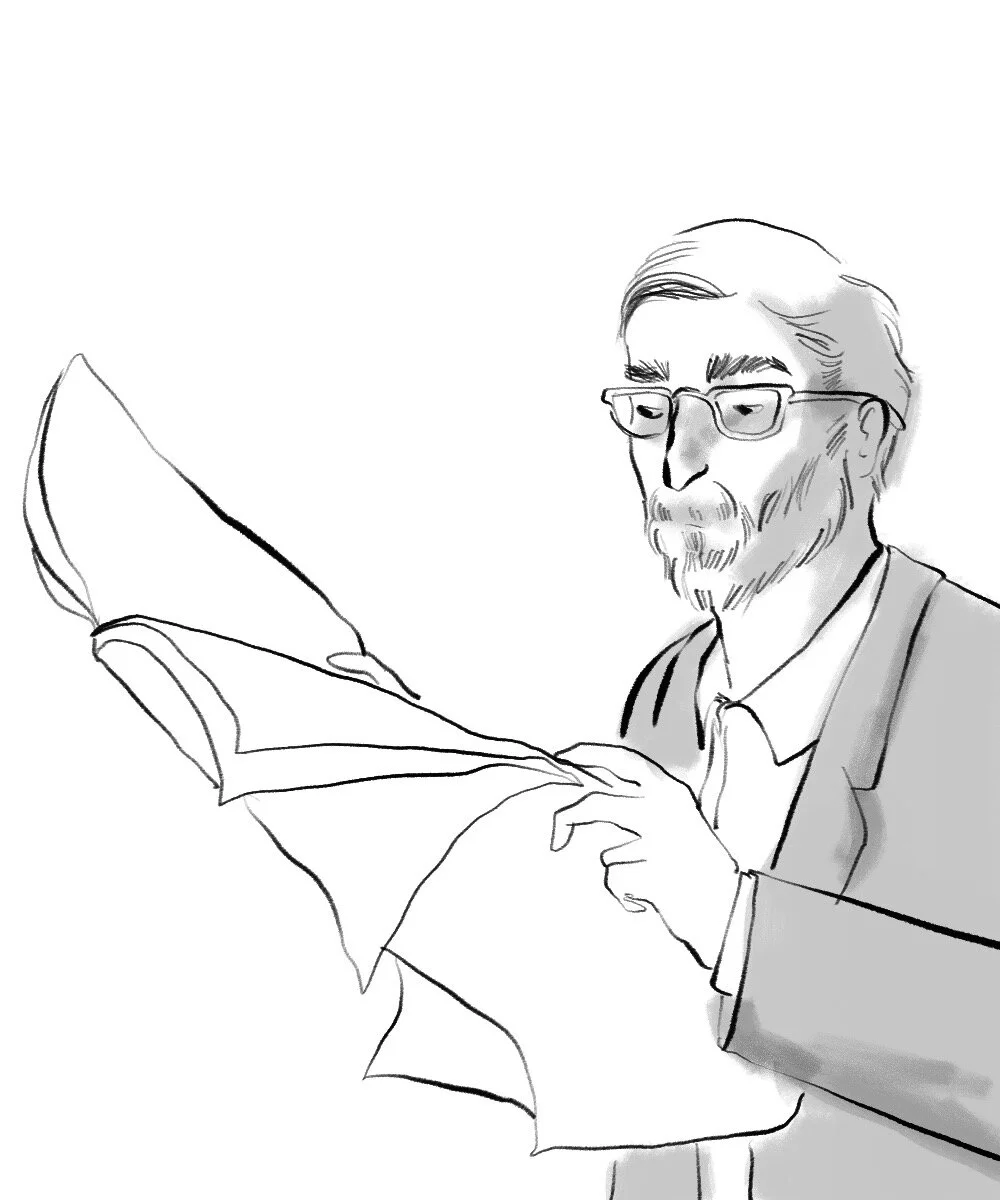‘Dialogue is often sparring: listening, absorbing, deflecting, anticipating.’
Read More‘We’re not in poetry for the fame or the money, but for the love of it. Hold on to that as much as you can.’
Read More‘One day sitting on my dad’s shoulders, I saw heaps of rubble, but while turning my head my eyes caught the shimmering sight of the Jarrahi river. It was a striking contrast that lingered in my mind.’
Read More‘I’ve learnt to be curious and do research each time I introduce a new element to the story: whether it’s an object, a method, or the way people interact with one another. Often the answer makes the writing or art much more interesting than it would have been if I’d relied on instinct.’
Read More‘To me, being Asian-Australian means that I have to entertain multiple view-points all the time. This is incredibly rich fodder for an artist.’
Read More‘I often try to draw a little bit faster than my brain can keep up. To draw more from the gut, and less from the head.’
Read More‘Monuments are dialectical and they seep into our periphery.’
Read More‘I think we all write about ourselves to some degree: heartbreak, loss of youth, grieving, fictional or non-fictional.’
Read More‘I suspect the most important public intellectuals didn’t set out to be public intellectuals.’
Read More‘I find it important for me, personally, to be honest about my shortcomings and mistakes, but I’m also a bit wary of saying that everyone should be humble because enforcing humility can be and has been used by powerful people to harm powerless or less powerful people by keeping them down.’
Read More‘Sometimes I don’t even get how I feel about something until I give shape to it through writing.’
Read More‘I think that the role of the artist is to diagnose and criticise power, the ideology of capital, imperialism and unjust war and the corporate state.’
Read More‘What I’m trying to say is that fashion isn’t necessarily about symbols in my work, but how I translate it, and in turn how that is read.’
Read More‘I came to America in 2015 with this kind of huge expectation that I was going to revolutionise the way Americans ate vegetables. Instead, I was confronted by my colouredness. What I didn't realise is that I would really challenge people’s perceptions of what and who an “Australian” is.’
Read More‘I’m on a path of detaching my ego and abstract notions of success/failure from my arts practice. It’ll be an ongoing process but I’m already discovering much more nourishing ways to collaborate and learn from others.’
Read More‘As a dancer, it was very clear that I was a brown person doing ‘brown person dancing’, and I was not going to have the space to do what I wanted to do. Or if I had to do it, it had to be unseen. Or relegated to a particular space reserved for my kind of person.’
Read More‘Right now I’m feeling pretty optimistic about writing and what it can do.’
Read More‘I got started the same way everyone who does comedy gets into it: a desperate craving for attention, massive ego coupled with cripplingly low self esteem.’
Read More‘I think the way Australian TV (and maybe TV in general) goes about diversity is unhealthy.’
Read More‘The best political satire is about holding ‘People In Power’ accountable. It’s about pointing out the hypocrisy of their actions.’
Read More



















